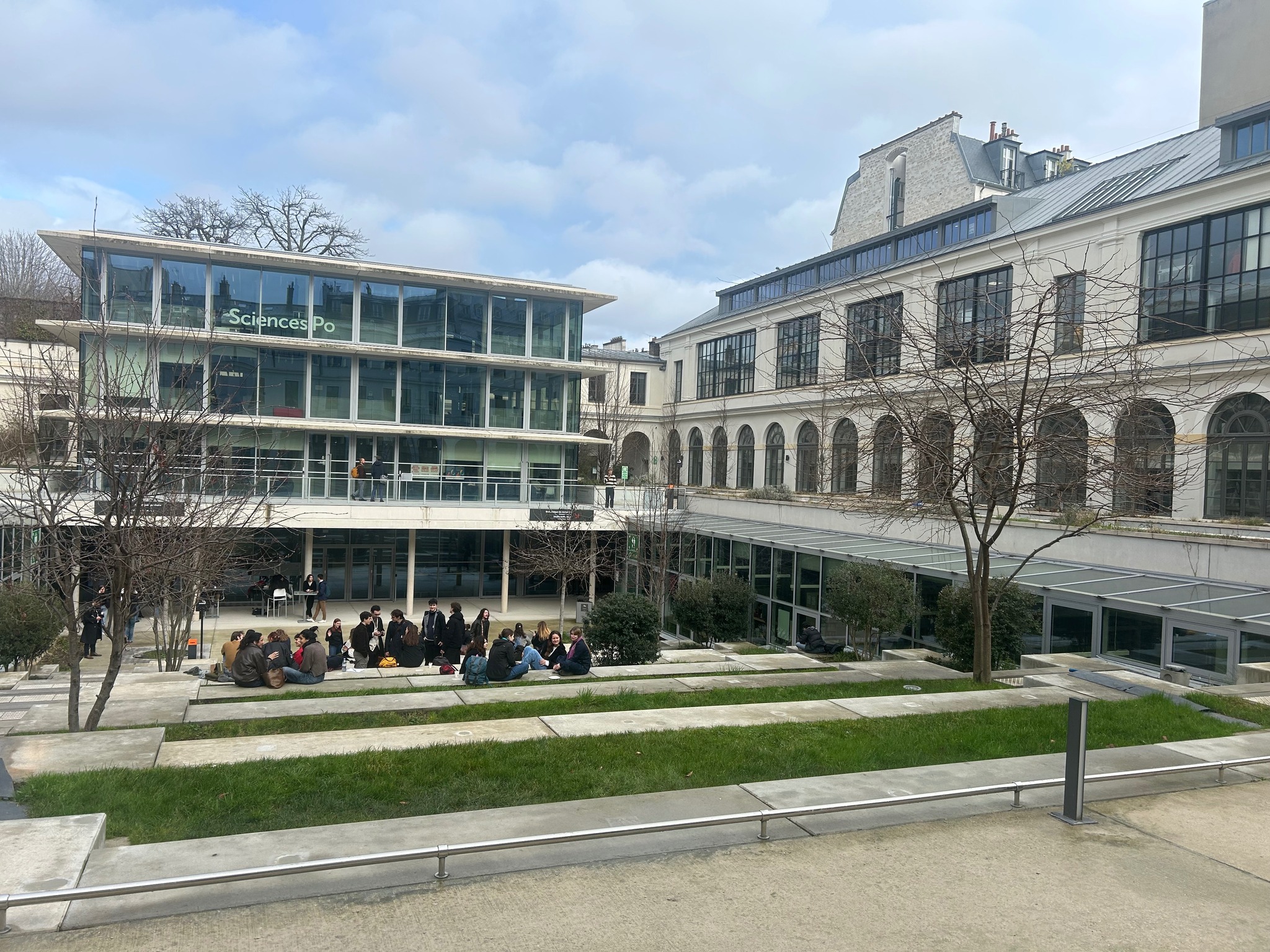
Starting a new year at Sciences Po in Paris
Another year teaching the course ‘Europe’s Coming of Age’ at Sciences Po in Paris. Many students, great interest in the challenges facing Europe today.

Another year teaching the course ‘Europe’s Coming of Age’ at Sciences Po in Paris. Many students, great interest in the challenges facing Europe today.
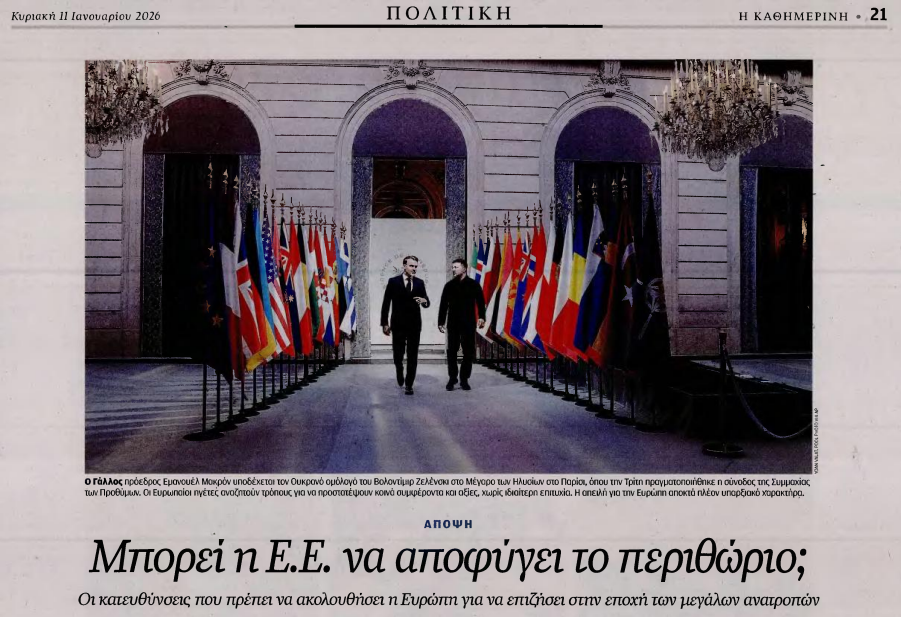
Loukas Tsoukalis and Tassos Giannitsis examine strategic directions Europe must take if it is to survive in an era of profound upheaval. The authors stress the urgent need for strong, decisive and visionary political leadership, with leaders willing to take risks, fight difficult battles and win them with a view to establishing the EU as a fully-fledged political and geostrategic actor
Click to read the article.
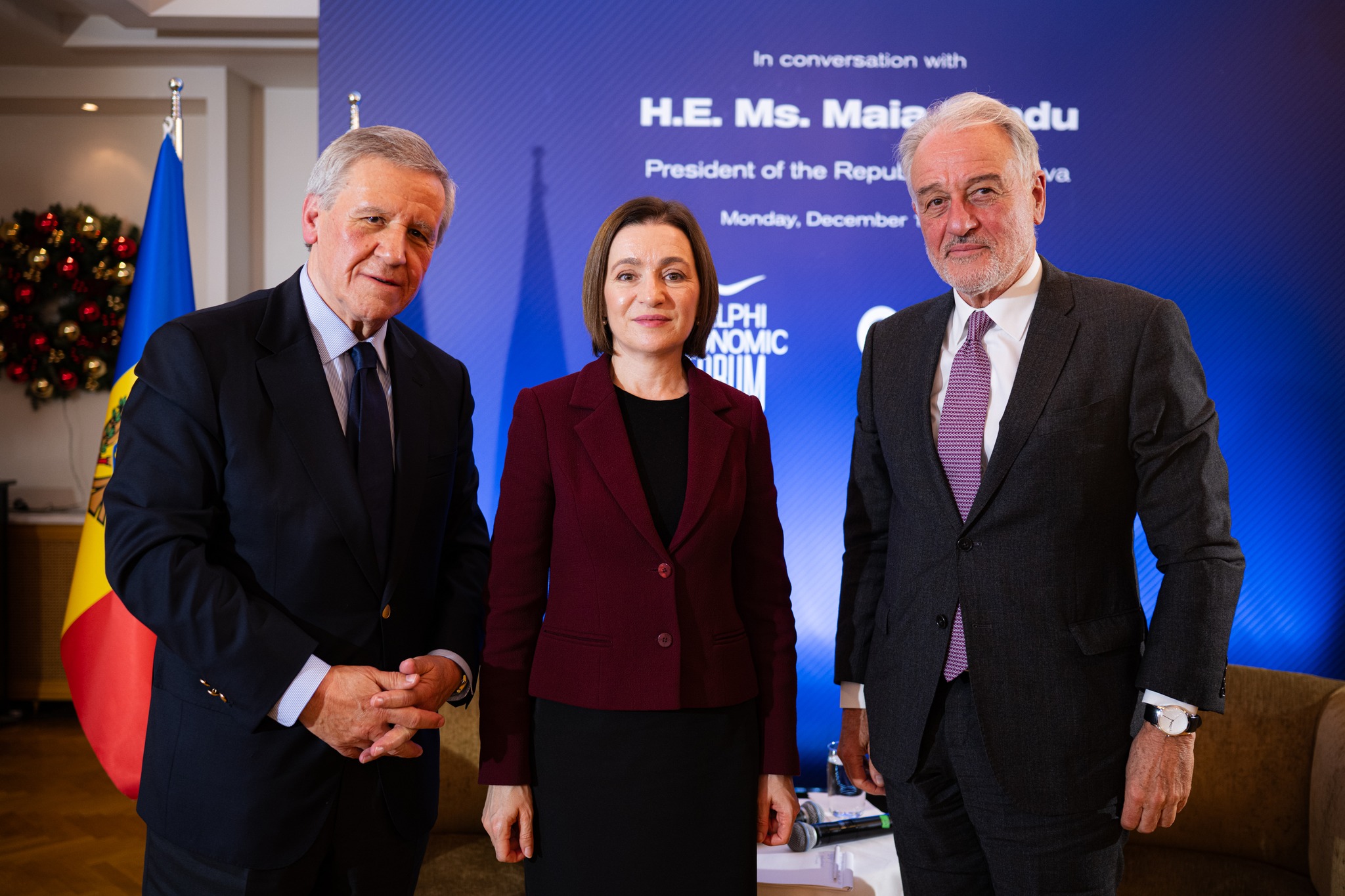
On 15 December, ELIAMEP, in collaboration with the Delphi Economic Forum, hosted a closed roundtable discussion, moderated by Professor Loukas Tsoukalis, on the occasion of the working visit to Athens of H.E. Ms. Maia Sandu, President of the Republic of Moldova.
The event was held at the Athens Club and brought together policymakers, as well as members of the diplomatic, business, and academic communities, for a substantive exchange on foreign and security policy, hybrid and conventional threats, enlargement, defence and bilateral cooperation.


Professor Loukas Tsoukalis, spoke at a roundtable discussion that concluded the conference: “Democracy in the Face of Contemporary Challenges.”
The conference was organized by the Marangopoulos Foundation on Tuesday, November 25, at the Goethe Institute. The roundtable was chaired by Ms. Katerina Sakellaropoulou, former President of the Hellenic Republic, and featured the participation of Alexis Papachelas, Editor-in-Chief of Kathimerini newspaper; Giorgos Karavokyris, Associate Professor at the Aristotle University of Thessaloniki Law School; and Michalis Pikramenos, President of the Council of State, Professor at the Aristotle University of Thessaloniki Law School.
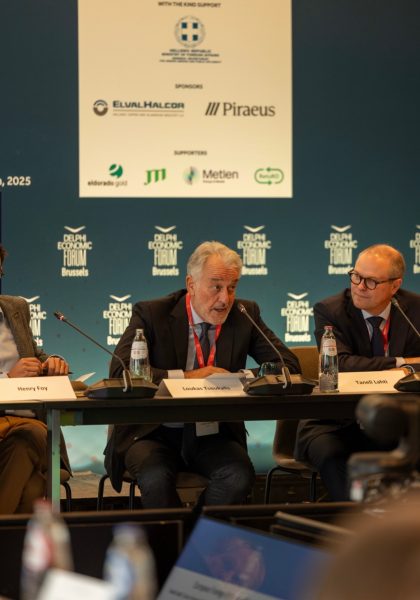
Professor Loukas Tsoukalis participated in the panel discussion at the 4th Delphi Economic Forum Brussels on “European Foreign Policy in a World of Conflict”. More necessary than ever before, European foreign policy remains however more of an aspiration than a reality. Europe’s coming of age is long overdue.
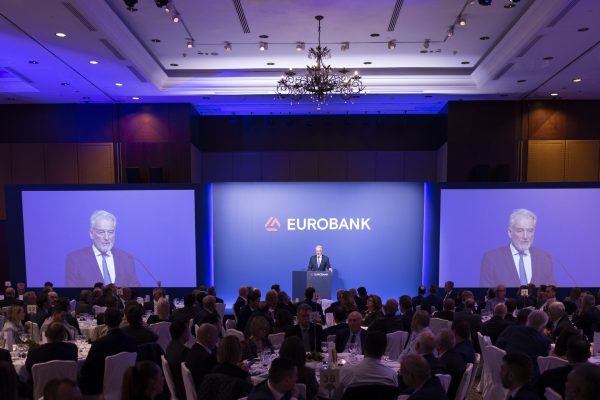
On 4 November 2025, Professor Loukas Tsoukalis delivered a keynote speech at a major Eurobank event in Thessaloniki, titled “Can Europe withstand a world with Putin, Xi, and Trump?”. The event, attended by Eurobank’s CEO Mr. Fokion Karavias, featured Professor Tsoukalis discussing the profound global changes taking place and their implications for Europe and, in particular, for Greece.
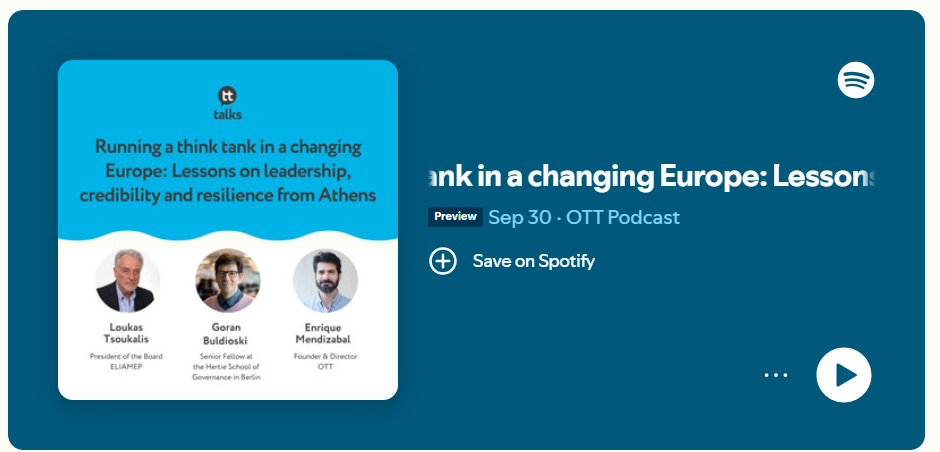
What does it take to maintain independence while navigating the turbulence of national crisis and European transformation? In this episode, OTT speaks with Loukas Tsoukalis, President of the Board at ELIAMEP, Greece’s most prominent think tank on European and foreign policy.
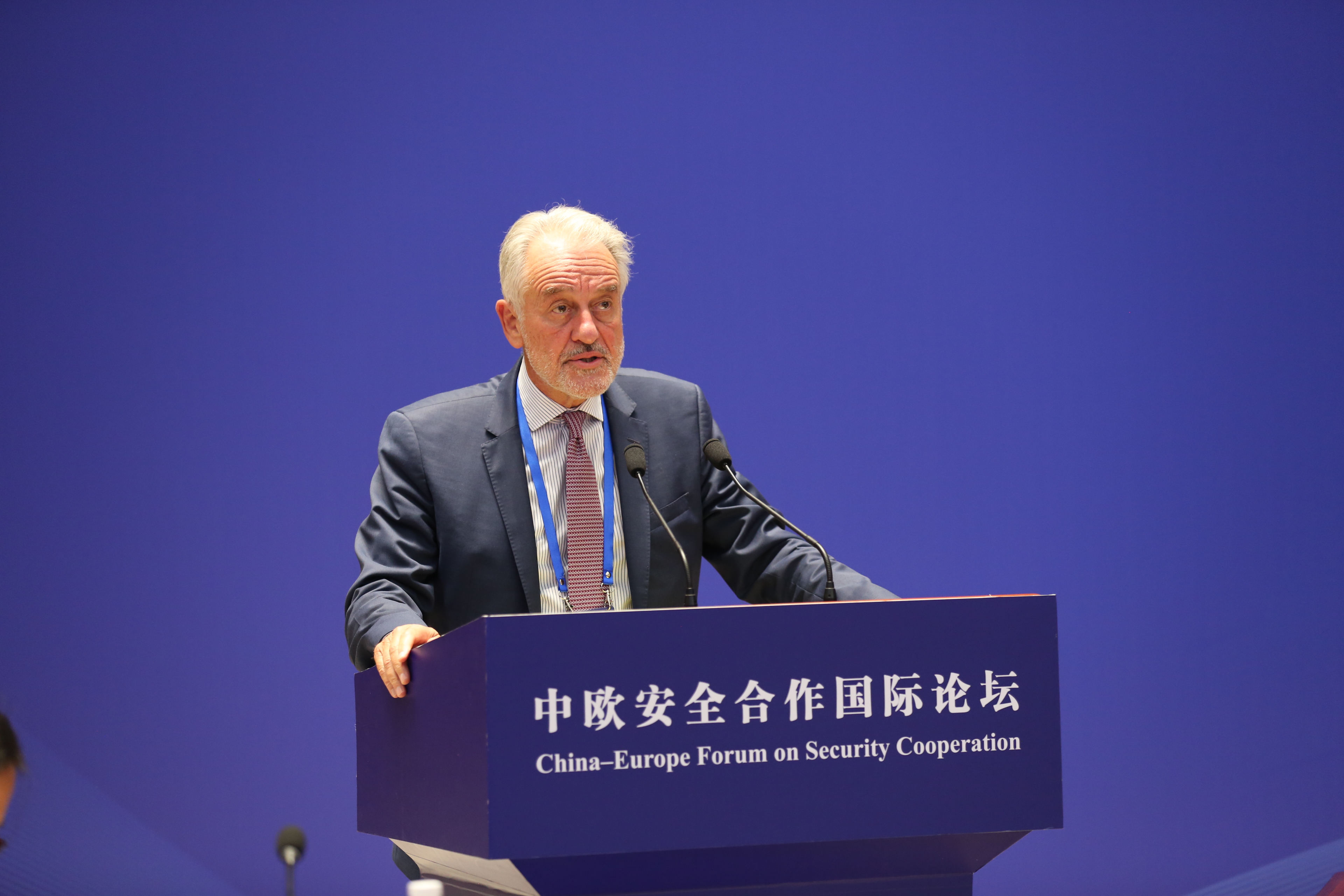
Professor Loukas Tsoukalis, was one of the keynote speakers at the China-Europe Forum on Security Cooperation, organised by the Chinese Academy of Social Sciences in Beijing on 17 September 2025. He also spoke at the China-Europe Think Tank Dialogue the previous day.
These two major events were marked by frank exchanges between European and Chinese participants on a wide range of key policy areas, including geopolitics, security, trade, and climate change.